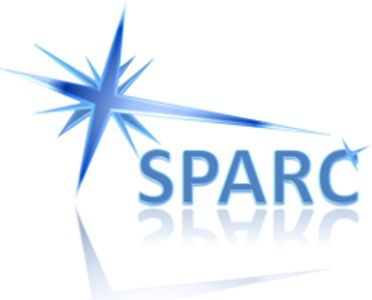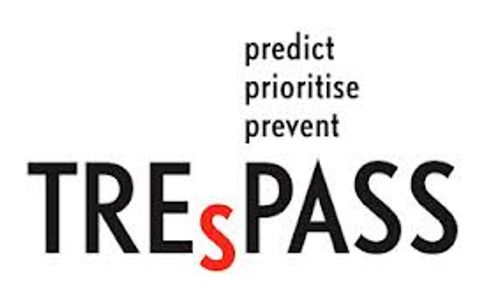PKI – Achieving Business Benefits Through Large-Scale Integration. C. Harpes and S. Purser, 20-22/03/2007, Yearly conference of ISACA, Vienna. Links: Presentation
Posts By: Ingo Senft
itrust consulting founding
itrust consulting founding
SPARC

(Space Awareness for Critical Infrastructures) One of the challenges that have to be dealt with within the coming years, is Critical Infrastructure Security. Today Critical infrastructures work through a strict interdependence among each other, composing a very complex super-system. Space assets, especially Satellites which are more and more used, are not excluded. It is fundamental to consider all possible threats for the whole super system, to better stop or mitigate direct and indirect effect of these threats. The SPARC project aims to analyse space phenomena, like Space Weather, Space Debris and Near Earth Objects, as threats for Critical Infrastructures and to analyse their effect directly on ground Infrastructures, and indirectly, causing failures in Space Assets, failures propagating at ground level. The project also aims to share good practice to prevent or mitigate incoming failures from space threats and possible guidelines to improve these practices.
TREsPASS

FP7 (Technology-supported Risk Estimation by Predictive Assessment of Socio-technical Security) TREsPASS (Technology-supported Risk Estimation by Predictive Assessment of Socio-technical Security) is a European FP7 project with 17 partners from nine European countries. Its aim is to develop methods and tools for predicting, evaluating and prioritising attack scenarios on the IT infrastructure of a business. The project will develop meta-models of integrated physical, digital and social engineering risks, collect empirical knowledge about socio-technical attacks, and develop quantitative methods for assessing the risk of these attacks. These models and techniques will be integrated into risk assessment methods, and be implemented in an “attack navigator” to support security decision-making
CockpitCI

FP7 (Cybersecurity on SCADA: risk prediction, analysis and reaction tools for Critical Infrastructures) The CockpitCI System will represent a first step in the synthesis between global awareness and local decision-making capability. Starting from the results of FP7 MICIE project, CockpitCI will define and implement an online distributed risk Predictor, able to collect and share information among different infrastructures in real time, perform situation assessment and predict the evolution of the system. Moreover, the tool will have the ability to detect critical situations such as cyber attacks, and in case, enable the local decision making capability of smart field equipment, such as RTUs. cockpitci.itrust.lu



